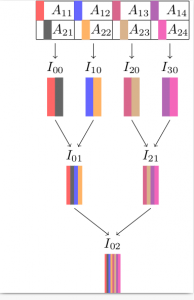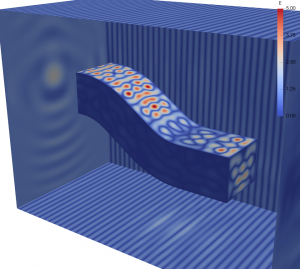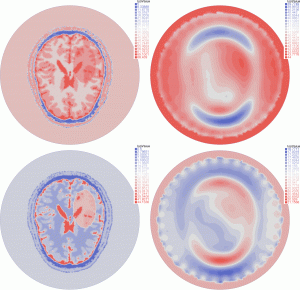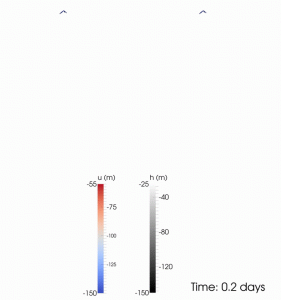Our research is directly relevant to several steps of the numerical simulation chain. Given a numerical simulation that was expressed as a set of differential equations, our research focuses on mesh generation methods for parallel computation, novel numerical algorithms for linear and multilinear algebra, as well as algorithms and tools for their efficient and scalable implementation on high performance computers. The validation and the exploitation of the results is performed with collaborators from applications and is based on the usage of existing tools. In summary, the topics studied in our group are the following:
- Numerical methods and algorithms
- Middle-layer for numerical simulations with FreeFEM
- Solvers for numerical linear algebra: domain decomposition methods, preconditioning for iterative methods, boundary integral equation methods
- Computational kernels for numerical linear and multilinear algebra
- Tensor computations for high dimensional problems
- Modelisation and numerical simulations





